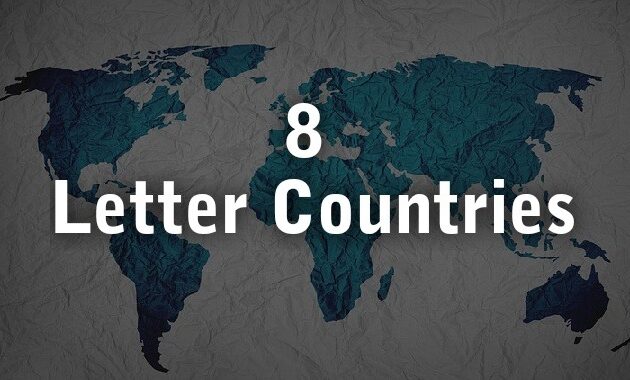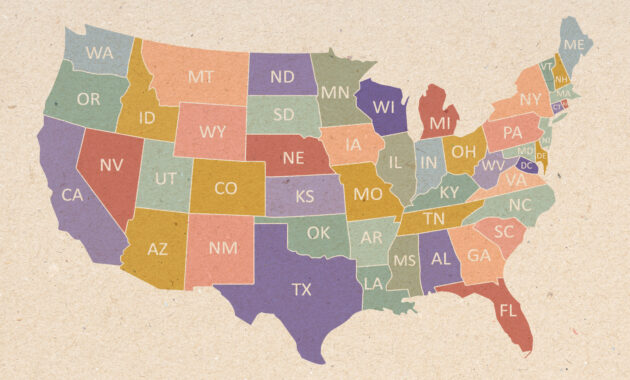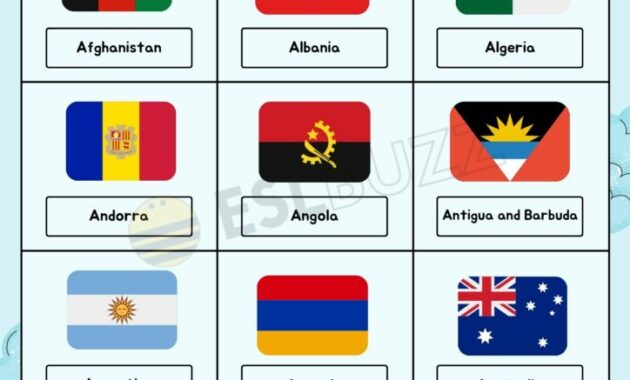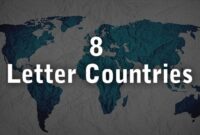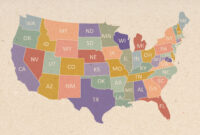It’s fascinating how geopolitical landscapes constantly evolve, isn’t it? I was just looking at some visualizations highlighting different aspects of Europe and global health, and I felt compelled to share them and some associated thoughts. It’s interesting to think about the choices nations make, the alliances they forge, and the implications those decisions have on their own trajectories and the wider world. The world is an intricate tapestry woven with political threads, economic realities, and social aspirations, and understanding these layers helps us make sense of the present and perhaps even glimpse the future.
Countries Outside the EU and NATO in Europe

This map really caught my eye. It visually depicts the European countries that are neither members of the European Union nor the North Atlantic Treaty Organization. At first glance, it might seem like a simple geographical delineation, but it actually speaks volumes about the complex political and security dynamics within Europe. Think about it: each of these countries has its own unique historical context, political ideology, and strategic priorities that have led them to remain outside these two major organizations.
For some countries, it’s a matter of neutrality, a long-standing policy woven into their national identity. Switzerland and Austria, for example, have historically maintained neutral stances in international conflicts, opting not to participate in military alliances. This neutrality allows them to act as mediators and facilitators in diplomatic efforts, often playing a crucial role in resolving international disputes. Their commitment to neutrality also reflects a desire to avoid entanglement in the political and military affairs of other nations, focusing instead on their own internal stability and prosperity.
For others, the reasons are more nuanced and tied to specific geopolitical considerations. Serbia, for instance, has a complex relationship with NATO, stemming from the conflicts of the 1990s and the bombing of Yugoslavia. While Serbia has expressed a desire to cooperate with NATO on certain issues, full membership remains a sensitive topic due to public opinion and historical grievances. Similarly, other Balkan countries might have their own specific reasons for not joining either the EU or NATO, ranging from unresolved territorial disputes to concerns about sovereignty and national identity.
Then there’s the economic dimension. Membership in the EU comes with both benefits and obligations. Countries must adhere to certain economic standards and regulations, which can be challenging for some, especially those with developing economies. The process of aligning national laws and policies with EU directives can be lengthy and costly, requiring significant reforms and adjustments. Furthermore, joining the EU involves ceding some degree of sovereignty to the European Union, a prospect that some countries may find undesirable.
Looking at this map prompts me to consider the factors that influence a country’s decision to join or remain outside these organizations. It’s not just about security or economics; it’s also about history, culture, and national identity. Each country has its own unique story to tell, and understanding these stories is crucial to comprehending the broader geopolitical landscape of Europe. And considering the current geopolitical climate, with ongoing conflicts and shifting alliances, it’s even more important to appreciate the diversity of perspectives and the complexities of international relations.
WHO Executive Board Meeting and Stalled Plans

Switching gears, the second image brought to mind the vital work of the World Health Organization (WHO) and the challenges it faces in coordinating global health initiatives. This particular image relates to the WHO Executive Board meeting and, more specifically, to the reported stalling of certain plans due to the actions of a handful of countries.
The WHO plays a critical role in addressing global health challenges, from infectious diseases and pandemics to chronic illnesses and health inequities. It provides guidance and support to countries in developing and implementing health policies, promoting research and innovation, and coordinating responses to health emergencies. The WHO relies on the cooperation and collaboration of its member states to achieve its goals, but as this image suggests, progress can sometimes be hampered by disagreements and political maneuvering.
It’s disheartening to think that a few countries could potentially derail important plans aimed at improving global health. The reasons behind such actions are often complex and multifaceted. It could be due to concerns about national sovereignty, disagreements over funding mechanisms, or conflicting priorities and ideologies. Sometimes, countries may prioritize their own national interests over the collective good, especially when faced with economic or political pressures.
However, it’s important to remember that global health is a shared responsibility. No single country can effectively address the challenges of pandemics, antibiotic resistance, or climate change-related health impacts on its own. Collaboration and cooperation are essential to developing effective solutions and ensuring that everyone has access to quality healthcare.
When plans stall, it can have serious consequences for vulnerable populations and those who rely on the WHO for support. Delays in implementing vaccination programs, for example, can lead to outbreaks of preventable diseases, while setbacks in addressing climate change can exacerbate existing health risks.
It’s crucial that countries find ways to overcome their differences and work together to achieve common goals in global health. This requires open dialogue, mutual respect, and a willingness to compromise. It also requires a commitment to transparency and accountability, ensuring that decisions are made in the best interests of all.
The WHO is not without its flaws, of course. There have been criticisms regarding its effectiveness, its governance, and its response to certain crises. However, it remains an indispensable organization for coordinating global health efforts and promoting the health and well-being of people around the world. The challenges it faces are a reflection of the complexities of international relations and the competing interests of its member states. But the organization serves as a reminder that we’re all interconnected, and that addressing global health challenges requires a global response. In the end, the health of one is inextricably linked to the health of all.
If you are looking for Which countries are not part of Schengen Visa area? – Travel & leisure you’ve came to the right web. We have 5 Pictures about Which countries are not part of Schengen Visa area? – Travel & leisure like All countries in Europe that are not part of the EU or NATO : MapPorn, Which countries are not part of Schengen Visa area? – Travel & leisure and also List of 7 Countries Not Recognised By The United Nations. Here it is:
Which Countries Are Not Part Of Schengen Visa Area? – Travel & Leisure
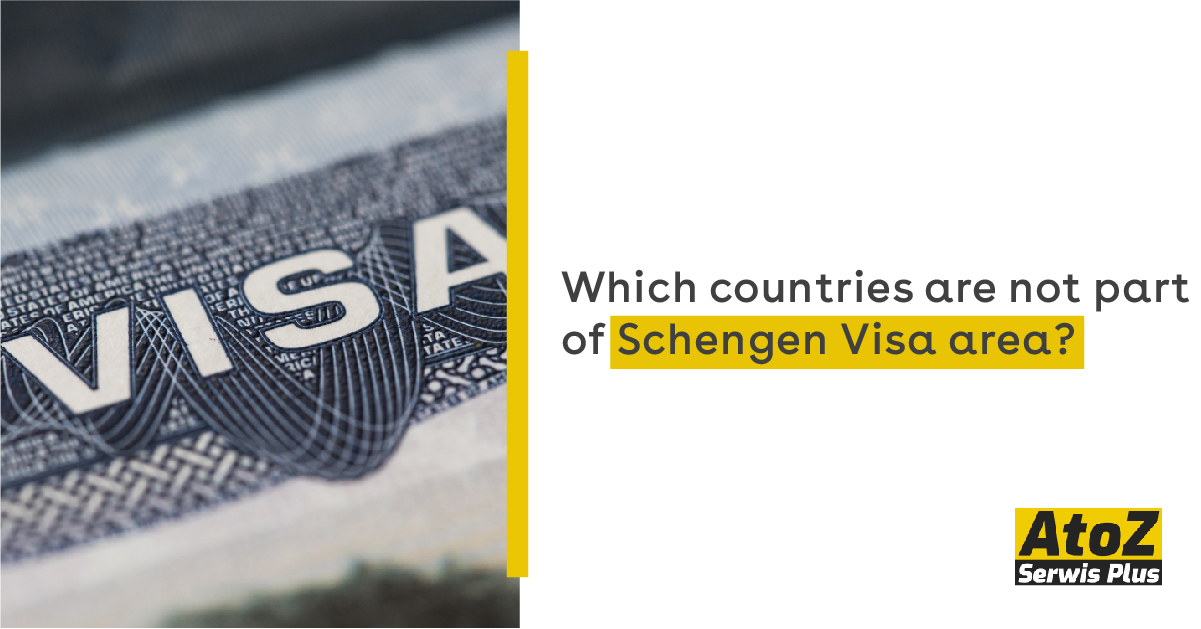
www.atozserwisplus.pl
Which countries are not part of Schengen Visa area? – Travel & leisure …
All Countries In Europe That Are Not Part Of The EU Or NATO : MapPorn

www.reddit.com
All countries in Europe that are not part of the EU or NATO : MapPorn
Which Of These Countries Does Not Belong – Coffee Spoons
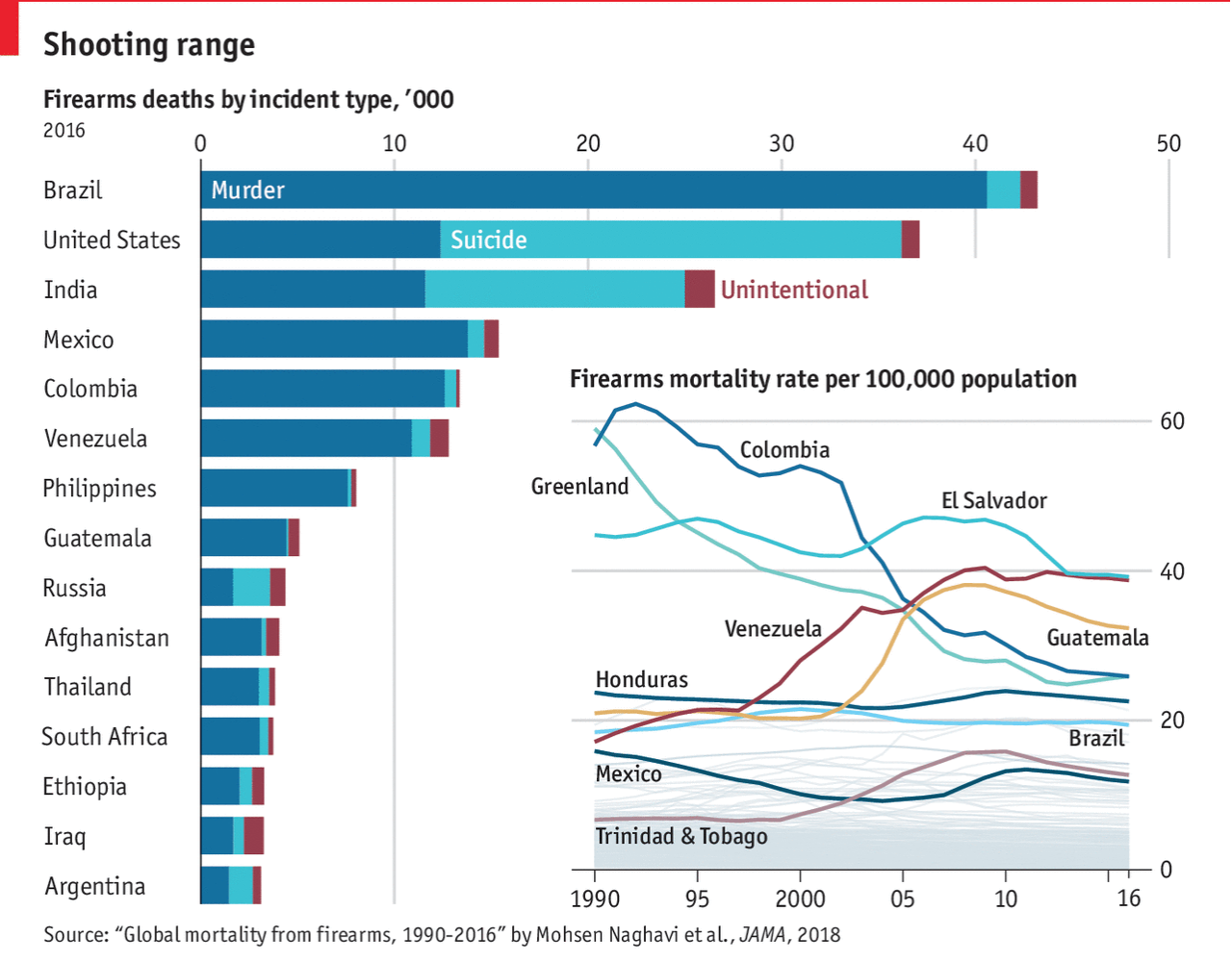
coffeespoons.me
Which of These Countries Does Not Belong – Coffee Spoons
List Of 7 Countries Not Recognised By The United Nations

currentaffairs.adda247.com
List of 7 Countries Not Recognised By The United Nations
As WHO Executive Board Meets – Handful Of Countries Stall Plans To

healthpolicy-watch.news
As WHO Executive Board Meets – Handful Of Countries Stall Plans To …
List of 7 countries not recognised by the united nations. Which of these countries does not belong – coffee spoons. As who executive board meets




